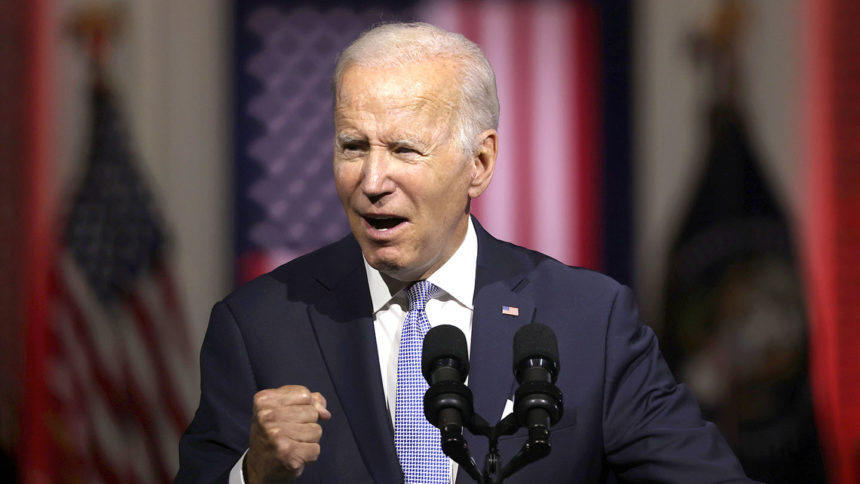
President Joe Biden has told members of Congress that he will end the COVID-19 Public Health Emergency on May 11, about a month after the current extension expires.
The announcement was widely reported by media in Washington Monday night.
The move comes as skilled nursing providers hoped for even more time to take advantage of additional payments and flexibilities, such as the suspension of the three-day stay requirement, afforded by the PHE designation.
The AP was among those reporting Monday night that Biden said he would end the national emergency related to COVID on May 11.
The news was wrapped in a statement opposing resolutions being brought to a vote as early as Tuesday by House Republicans that called for an immediate end to the PHE.
Though many had expected an extension running through April 11 to be the final one granted by the Department of Health and Human Services, nursing home providers remained steady in their push to continue the PHE in order to press for more pandemic-related support.
“While we have come a long way from the beginning of the COVID-19 pandemic, the virus remains a threat, especially to older adults and those with underlying health conditions,” AHCA President and CEO Mark Parkinson wrote to HHS Sec. Xavier Becerra in November. “COVID-19 variants continue to emerge, and your administration and other public health experts have issued repeated warnings about a potential surge of cases this fall and winter. As you know, high spread of COVID in surrounding communities has been linked to nursing home outbreaks.”
And those outbreaks have continued early this winter, especially as booster shot rates lagged at many of the nation’s nursing homes. Nonetheless, a sense of improvement in the battle against COVID, along with general public fatigue in dealing with special restrictions and cautions it has brought on, likely played a role in the administration’s desire to bring an end to the PHE designation.
Also on Monday, the World Health Organization declared that the pandemic was probably at a “transition” point, indicating it was likely reaching a new, less dangerous phase.
Numerous waivers and triggers will be affected by the PHE’s conclusion. There are also vital measures that could be affected, such as the recently reintroduced bill in Congress that would put back in place a nationwide temporary nurse aide training waiver, which would extend for two years under current bill language.
Becerra had confirmed multiple times that his department would give providers 60 days’ notice of the PHE’s end. But the timing of Monday’s announcement came as a surprise to many. The extra-wide window will set off a firestorm of next-step planning for caregivers, and long-term care operators in particular. Nursing homes have suffered the highest relative rate of COVID infections and deaths among all settings in the U.S., healthcare-related or not.
The national health emergency was originally declared in January 2020 and since then has been extended every 90 days, or 12 times. Federal health officials have gradually made it clear that the end was coming into sight. At the end of summer, they met with insurers and pharmaceutical companies to discuss the eventual shift of COVID vaccines and treatments to the private sector, fueling talk that the PHE could be allowed to lapse in January.
Instead, HHS’ Becerra noted in October trending COVID conditions would dictate what action might be taken. At the time, concern was growing about a potential surge of infections and illnesses during the winter months.
This week is liable to be one of the most active on the COVID front since the pandemic, though not for the usual reasons associated with the most deadly public health emergency in more than a century.
Providers will be yearning for details as to what special allowances will expire, and when — and what possible exceptions might still be available. This period also will kick off a time of heightened urgency for lobbying individual states for more support.
“Our hope is that many of the states that have had Medicaid add-ons would convert those add-ons into the base Medicaid rates,” AHCA’s Parkinson told McKnight’s in August about hopes for early 2023.
Congress also may have a lot to say, although with the GOP holding control of the House and Democrats remaining in power in the Senate, it is not clear what will be agreed upon.
Republicans in the House, for example, had planned to hold a floor vote Tuesday on a bill entitled, “The Pandemic is Over Act.” While it may pass in the House, if and when it is introduced, the bill likely would die in the Democratic-controlled Senate. It was unclear Monday night how or if Biden’s PHE announcement would affect Tuesday’s planned vote.




